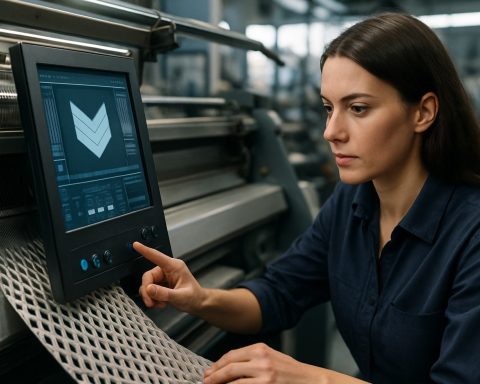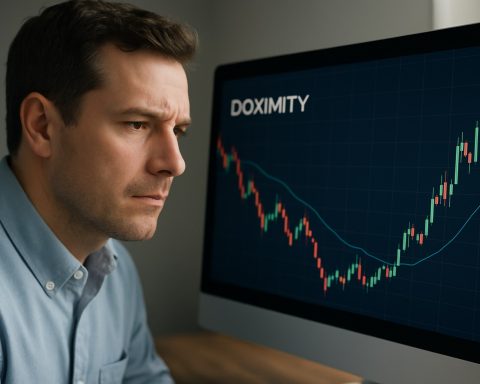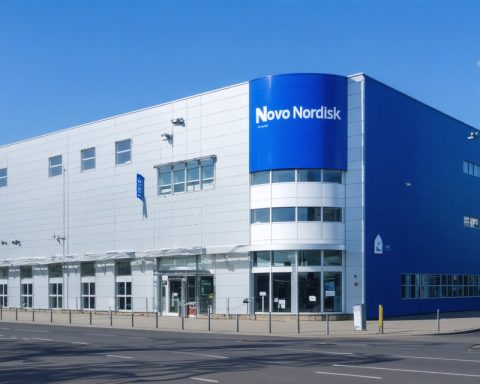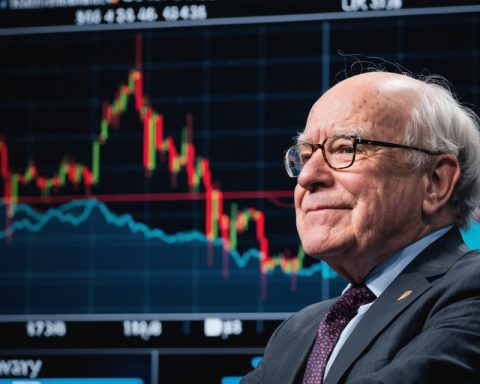In an intriguing development, reAlpha Tech Corp. (NASDAQ:AIRE) reveals a fascinating ownership structure that showcases a robust insider influence. A majority of the company’s shares, 82% to be exact, are under the control of insiders, making them the key players in the company’s destiny.
Giri Devanur, the CEO, emerges as the most powerful figure with a massive 60% stake in reAlpha Tech. This dominance in shares grants him significant sway over the company’s strategic decisions and potential growth pathways. Following Devanur, Monaz Karkaria holds the second-largest share at 6.4%, with Brent Crawford coming in third with 5.2% ownership.
This insider-heavy control is noteworthy, especially as reAlpha Tech recently achieved a market cap of US$164 million, thanks to a remarkable 108% surge in stock value. This kind of insider ownership is usually seen as a positive indicator of leadership’s commitment but can also concentrate power in a small group.
Interestingly, there is a lack of institutional presence in reAlpha Tech, which is atypical for a company of its size. The absence of major institutional investors might be due to various factors like illiquidity, or perhaps they simply aren’t convinced of its growth potential.
While public investors hold 17% of the shares, their influence may not be strong enough to sway the company’s policy against the insiders’ interests. With limited analyst coverage, there’s room for growth in attention to reAlpha Tech’s market activities, which could shift its investment dynamics in the future.
Unveiling reAlpha Tech’s Insider Dynamics: Key Stakeholders and Future Insights
In an interesting twist within the tech investment landscape, reAlpha Tech Corp. (NASDAQ:AIRE) stands out with its distinct ownership structure dominated by insiders. This insider-heavy arrangement carries implications for the company’s strategic direction and investment potential.
The ownership data reveals that a staggering 82% of reAlpha’s shares are controlled by insiders. This concentration of ownership potentially offers both strategic advantages and challenges. The primary decision-makers, primarily Giri Devanur, the CEO, who owns an impressive 60% of the company’s shares, significantly steer reAlpha Tech’s future. Such centralization signifies strong leadership commitment but also raises questions about power being concentrated within a small group.
Monaz Karkaria and Brent Crawford, holding 6.4% and 5.2% of the shares respectively, are also noteworthy insiders, cementing their roles as pivotal influencers in the company’s trajectory. These key figures hold substantial responsibility over decisions that could shape the company’s market presence and innovation strategies amidst rapid industry changes.
Pros and Cons of Insider-Controlled Companies
Pros:
– Alignment of Interests: Significant insider ownership often signals confidence in the company’s future and can align the interests of leadership with those of the shareholders.
– Strategic Consistency: With major decisions made by stakeholders deeply vested in the company’s success, strategic consistency is often maintained.
Cons:
– Limited Democratic Decision-Making: High insider ownership may curtail public shareholders’ influence on major company decisions.
– Concentration of Power: Decision-making power concentrated in a few individuals can lead to underrepresentation of diverse perspectives.
Market Analysis and Future Predictions
Despite reAlpha Tech’s recent market valuation surge to US$164 million following a dramatic 108% gain in stock value, the conspicuous absence of substantial institutional investment may imply skepticism about the company’s long-term economic model or liquidity concerns. This lack of institutional backing contrasts with typical shareholder compositions for similarly sized public companies, which often attract large investment funds and venture interest.
Looking ahead, reAlpha Tech’s future growth trajectory might heavily depend on increasing its market visibility and attracting diversified investor attention. Increasing analyst coverage could bolster its market image, possibly enticing institutional investors to reconsider and join the shareholder mix, diversifying and stabilizing the company’s risk profile.
Conclusion
In this unique insider-dominant scenario, reAlpha Tech must navigate between leveraging strong leadership investment and broadening its appeal to enhance market presence. As the company grows, understanding the balance between insider influence and external investment becomes crucial for stakeholders and potential investors alike.











